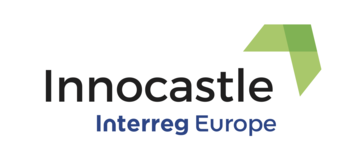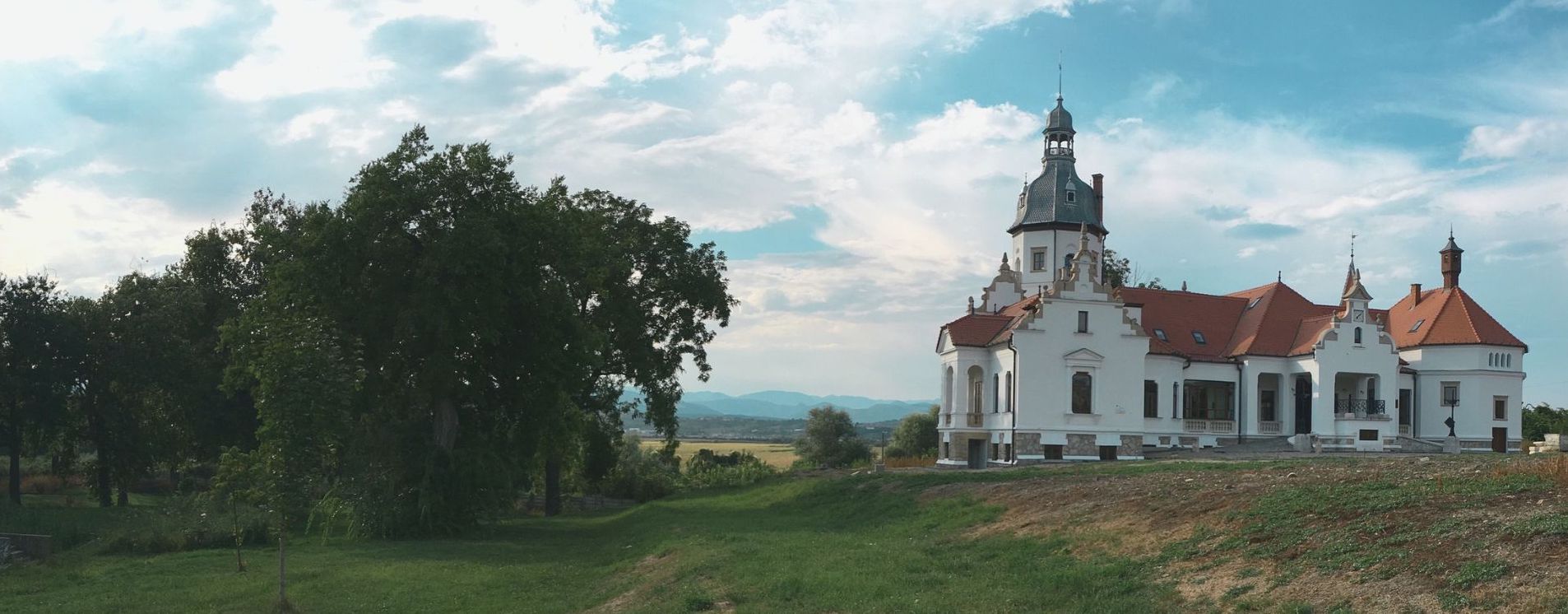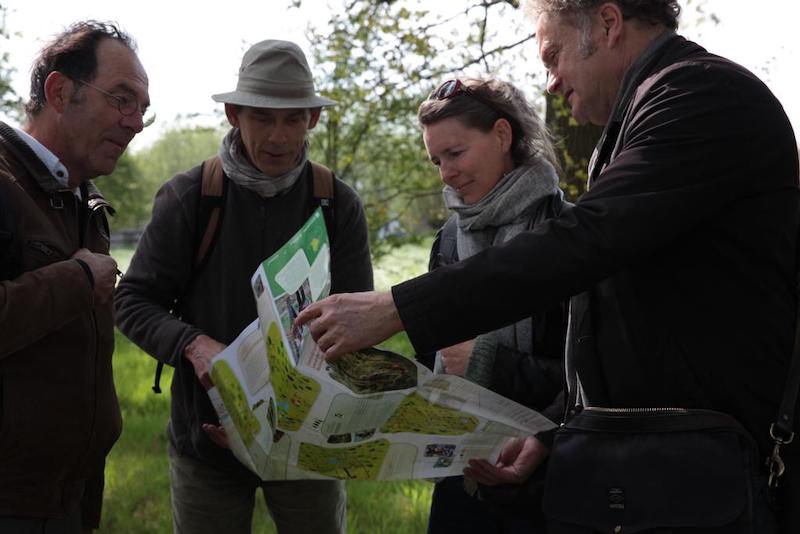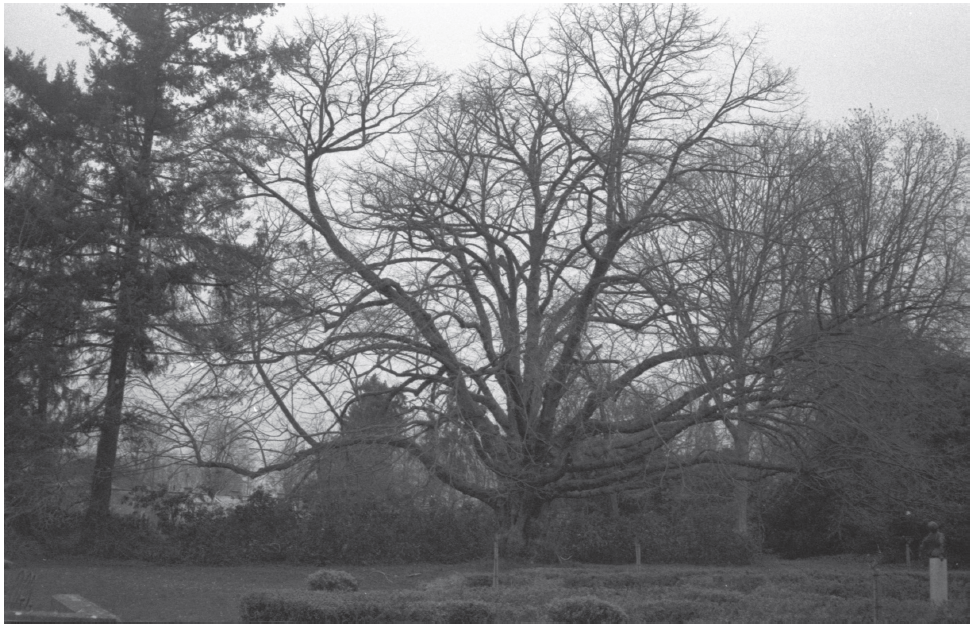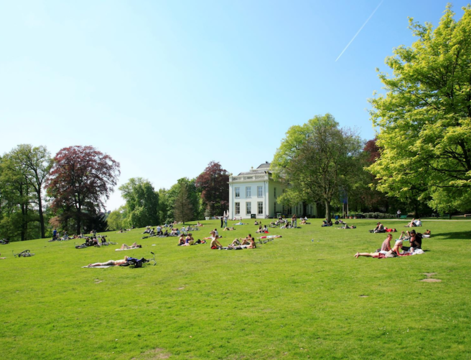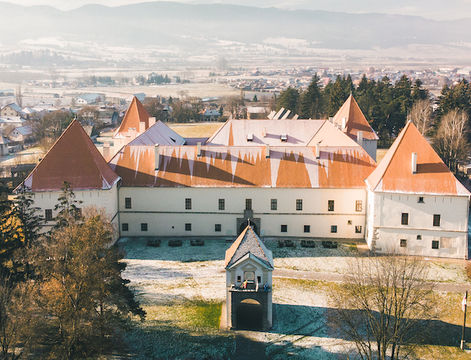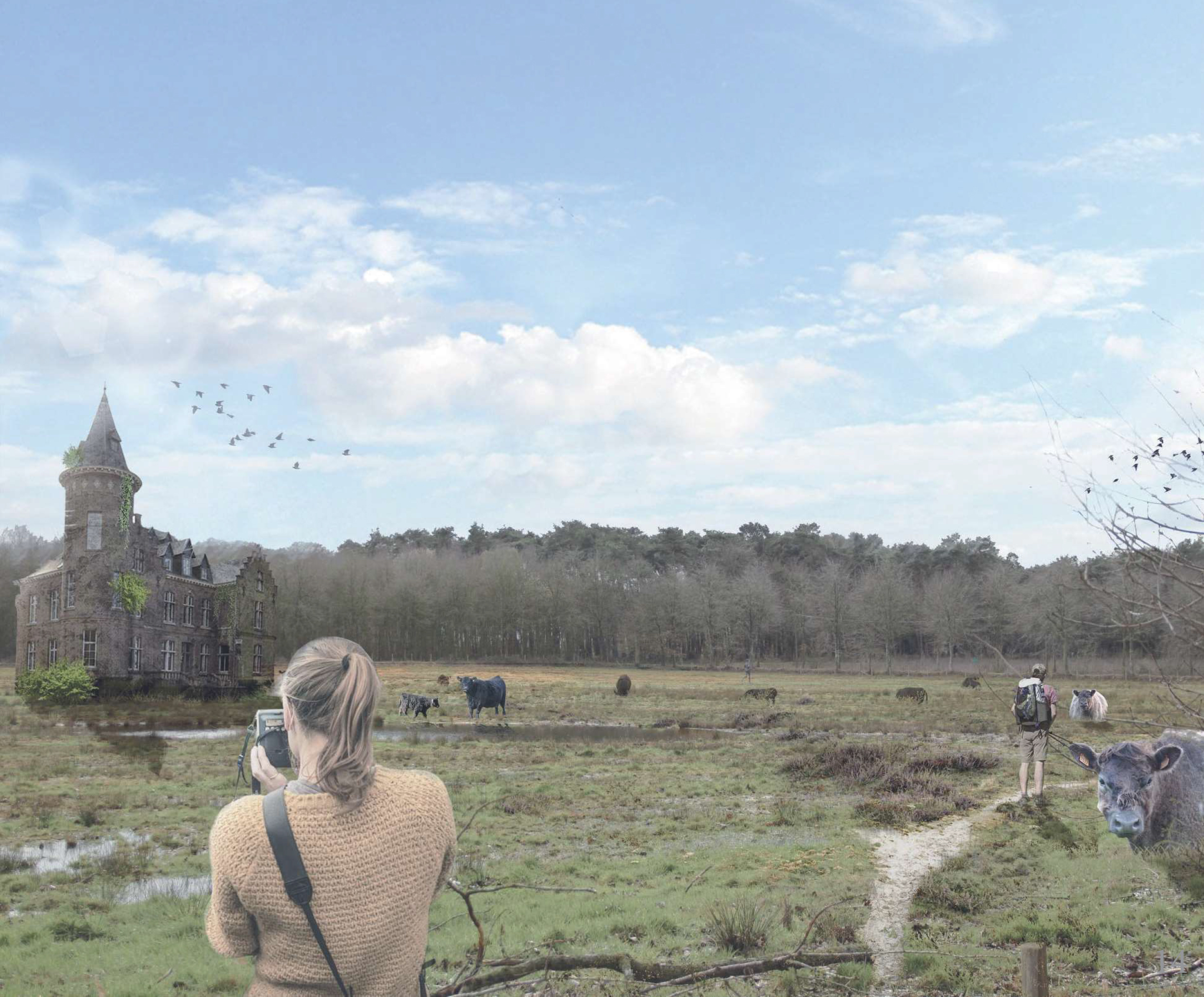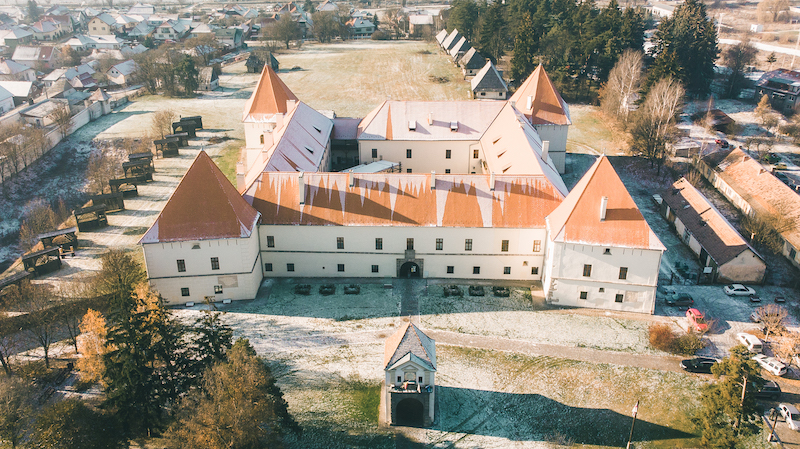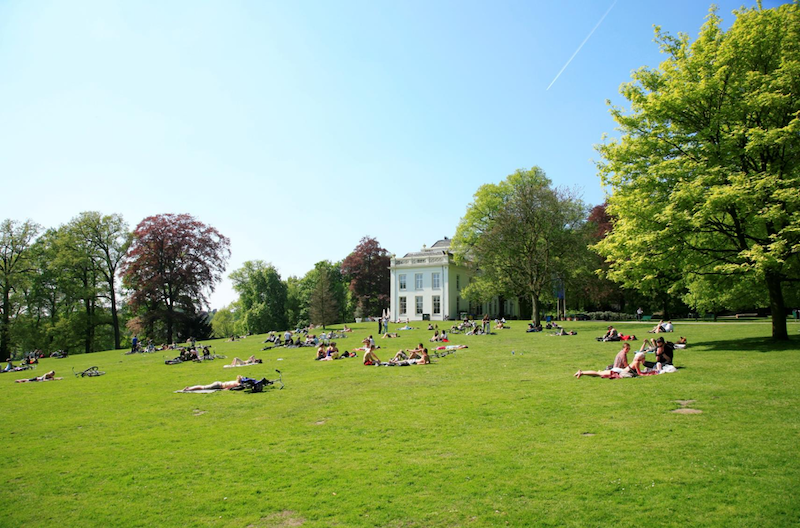Innocastle aims to innovate four policy instruments directly affecting heritage castles, manors and estates in four partner regions. Through Innocastle, partners from the Netherlands, Belgium, Romania, Spain, together with a knowledge partner from the United Kingdom (the National Trust) will exchange knowledge and best practices for improving their local policies.
One of the key activities in realizing this exchange is the creation of a baseline survey. In order to learn from each other's policy instruments, partners will first dive into understanding each policy instrument and their local context.
The baseline survey has two important roles:
- To gather basic, comparable data and knowledge on each region and the castles, manors and estates within the region as well as on the targeted policy instrument and the relevant stakeholders.
- To collect information that will feed into the local action plans.
In collaboration with the other partners of the project, University College Ghent developed the methodology of the Baseline Survey in the first semester. This methodology divides the Baseline Survey into 4 tracks, each with a specific topic. Each of these clearly separated tracks is in itself separated into different work packages. This division breaks up the survey into small and clearly defined tasks which can be executed in a linear way.
All steps of the methodology can be visualized in the methodology diagram:

The role of stakeholders
Within the project, three stakeholder meetings will be organized. These formal events (abbreviated as SHM in the diagram) are the moments in which the different tracks collide. They function as milestones for the survey. They are moments at which important decisions will be made which have influence on the further execution of the survey. For example, in the first stakeholder meeting, the Learning Cases will be selected on which the partners will focus the work in the rest of the steps.
Duration
The execution of the baseline survey will take place between December 2018 and July 2020. At the end of the study, a comprehensive final publication will be published with all the results.
